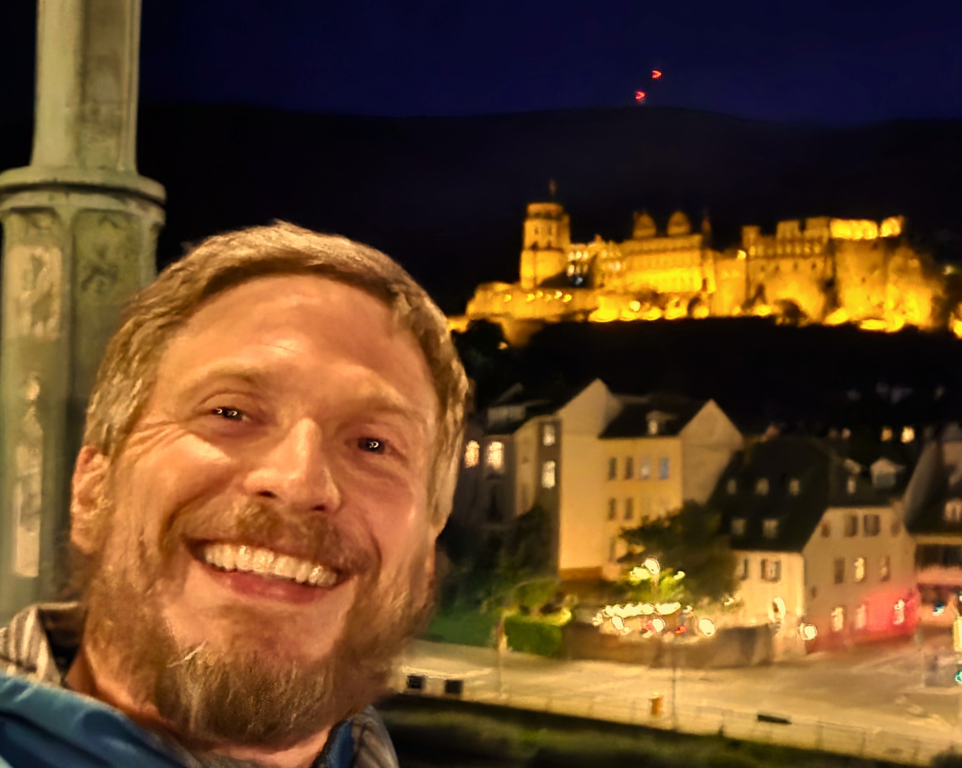Coaching that begins in the body, not in the mind.
Clearer decisions, calmer communication and stronger boundaries are rooted in presence, dignity and embodied awareness.
Designed for leaders, teams and individuals who wish to navigate pressure with clarity, integrity and a grounded sense of self.
A short story (so you can feel the work)
I have spent almost two decades teaching people of all ages at the traditional non-contact taekwondo school I have led since 2007, as well as at public schools through DOPDA. I have watched children grow into calm young adults, and I have seen leaders learn to withstand pressure without becoming hardened. In my view, a master's role isn't to stand above people, but to walk alongside them and create conditions in which they can discover their own strength.
The same principle applies to coaching. First, we slow down. Softer jaw, wider base, longer exhale. Then we ask better questions. We consider the human factors surrounding the problem, such as the team, partners, finances, users and family. Then we try one micro-practice to change how the next conversation begins. Two weeks later, the outcome is often simple: "Same pressure, different posture. I could set a kind boundary without the usual conflict.' This isn't about importing a method; it's about realising the potential you already have, and with practice, you can recognise and maintain it. This stance of equal dignity and invitation runs through my work and my book.

Why Embodied Coaching Works
Most coaching focuses on mindset.
We focus on the mind, body and awareness of relationships because leadership, communication and emotion all manifest physically long before they become words.
Through breathwork, posture, timing and guided reflection, you will learn to:
- Notice what happens in your body under pressure
- Respond rather than react
- Cmmunicate with clarity and kindness.
- Set boundaries without harshness
- Regulate tension during conflict and decision-making.
- Hold your ground without losing connection.
- Develop emotional steadiness that others can trust.
This coaching goes beyond mere theory. It becomes a practical skill that you can carry into your everyday life.
Coaching Formats
One-to-one leadership coaching
For leaders who want to bring more presence, clarity and calm to their high-pressure roles.
We work on embodied decision-making, communication, setting boundaries, managing timing and finding your personal rhythm.
You will gain:
- A clearer inner compass
- Practical tools for tense conversations
- More ease in meetings and with responsibilities
- Stronger emotional regulation
Team coaching and conflict navigation
Teams often struggle not because of a lack of skill, but because of nervous system overload — stress, unclear communication or unspoken boundaries.
This coaching helps teams to:
- A shared language for pressure and emotions
- Clear, respectful communication patterns
- Ways to address conflict without escalation
- Team rhythms that reduce friction and burnout.
Embodied Self-Leadership Coaching (Individuals)
For individuals seeking to strengthen their inner calm, presence, and sense of direction.
We work on breath, grounding, internal dialogue and daily patterns.
You will gain:
- A stronger sense of centre
- Healthy boundaries
- Inner steadiness
- You will also learn practices that you can use immediately.
Bring balance and presence to your.

